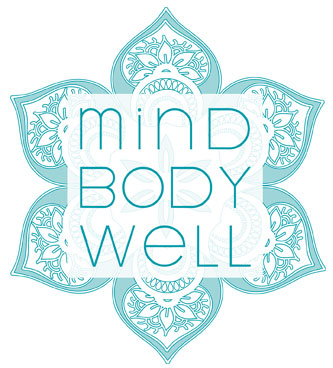It’s a common thought amongst people dealing with eating and body image concerns – that they’re just not ‘sick enough’ to need, or even to deserve therapy. Internally this might sound like all kinds of unhelpful self-talk including “I’m not sick enough to have an eating disorder”, “I’m not sick enough to need treatment”, or “My eating disorder isn’t as serious as others”.
There are many reasons why this minimising about eating disorders can be so common, the most significant being a lack of understanding about the nature and seriousness of many eating disorders. There are also so many cultural stereotypes which exist around eating disorders, including harmful beliefs that people with eating disorders look a certain way, and that eating disorders only happen to people in certain age groups or gender presentations. The truth however is that eating disorders can effect people of all body sizes, all cultural backgrounds, all genders, and all ages.
Another reason people can believe they’re not ‘sick enough’ to need treatment is the normalising of many disordered eating behaviours which occurs in everyday in diet culture. If it seems like ‘everyone’s doing it’ (ie. dieting), then it can be difficult to identify restrictive eating and obsessive weight concern as problematic - in fact these very thoughts and behaviours may be encouraged, especially for people who are in a larger body. The problem is that there’s a tipping point at which these thoughts and behaviours can become extremely harmful, and weight loss dieting can in fact be a significant risk factor for the development of an eating disorder.
For those who are already in treatment, the belief of not being ‘sick enough’ can be reinforced when certain medical tests or blood tests show results in the ‘normal’ range. It is important to note that medical indicators are just one sign of an eating disorder, and because every body responds differently, these indicators don’t show up in the same way for everyone. Rather than looking at medical results in isolation, it’s important to consider these results in combination with an analysis of eating disorder cognitions, emotions and behaviours, to understand the fuller picture of the impact of an eating disorder on a persons life.
Eating disorders are serious physical and mental illnesses, and every person who experiences an eating disorder is deserving of appropriate professional treatment - even if some days are better than others, even if there is no formal diagnosis of an eating disorder, and even if not everyone around the person recognises the eating disorder as cause for concern. Everyone deserves appropriate assistance to enhance their health and wellbeing, and improve their quality of life.
If you believe you might be experiencing the symptoms of an eating disorder, reach out to your GP and connect with a professional team who can assist your recovery. Read more about Establishing an Eating Disorder Treatment Team.
At Mind Body Well, our team of psychologists and dietitians work together ro provide interdisciplinary care, in consultation with other members of the care team to deliver eating disorder therapy.
To learn more about our team of therapists you can CONTACT US, or complete the New Clients intake form below.

